Iran Approves Use Of Cryptocurrency For Imports To Bust Sanctions
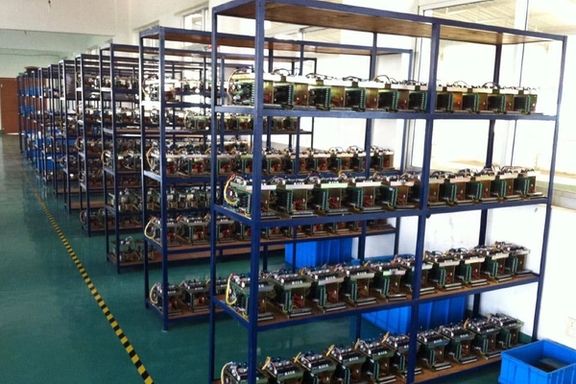
Iran has officially approved the use of cryptocurrency for imports as a measure to circumvent US sanctions imposed on its finance and banking sector.

Iran has officially approved the use of cryptocurrency for imports as a measure to circumvent US sanctions imposed on its finance and banking sector.
Industry, Mines and Trade Minister Reza Fatemi Amin said on Monday that the regulations for using cryptocurrencies instead of dollar and euro was finalized by the administration on Sunday.
"All the issues related to crypto-assets, including how to provide fuel and energy, and how to assign and grant licenses were devised," he added.
The use of cryptocurrencies in imports is one of the ways to circumvent sanctions because cryptocurrencies are not traded through normal channels such as banks and it is very difficult to track them.
Earlier in the month, Iran made its first official import cryptocurrency order, worth $10 million, as a test run for allowing the country to trade through digital assets that bypass the dollar-dominated global financial system and to trade with other countries similarly embargoed by US sanctions, such as Russia.
"By the end of September, the use of cryptocurrencies and smart contracts will be widely used in foreign trade with target countries," said Alireza Peymanpak, a deputy Iranian trade minister who leads Iran’s Trade Promotion Organization (TPO).
Iran has a complex relationship with cryptocurrencies, which have helped hide various kinds of illicit trades banned by US and other European sanctions but creating them is highly energy-intensive. In 2019, Iran’s central bank banned trading of cryptocurrencies inside the country but the government allowed the use of cryptocurrencies like bitcoin to pay for imports.
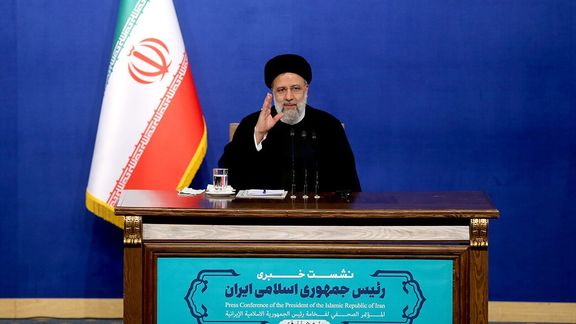
Iran’s President Ebrahim Raisi said at a briefing Monday that he has no plans to meet with The US President at the UN General Assembly in New York in September.
“I said no at the previous briefing in response to a similar question and I'm repeating it again: meeting with [the US President Joe] Biden has no benefit for Iran or the Iranian people. There is no plan for such a meeting and there will not be in the future,” the Iranian president said at the briefing in Tehran attended by local and foreign reporters.
Elsewhere in his briefing,Raisi underlined that Tehran and Beijing are both determined to broaden their relations, especially in commercial and economic areas and said Iran will not allow bilateral ties with China to be affected by globaland other issues.”
Referring to the 25-year comprehensive cooperation agreement between the two countries, he stressed Tehran’s determination to implement the deal.
Raisi also reiterated the importance of Iran's presence in the Shanghai Cooperation Organization (SCO)and said corporation with its members will help Iran connect to Asia’s economic infrastructures and have its fair share of trade in the region.
In response to questions regarding the nuclear issue, Raisi said no one can “deprive the Iranian nation of its inalienable right to access peaceful nuclear technology.”
The Iranian president also said Iran has managed to access some of its frozen assets under the US sanctions and demanded the release of the rest of assets frozen abroad. Iran claimed in July that it had received some funds frozen in Iraq.
Raisi said the Iranian team will not leave the negotiating table in the talks on reviving the 2015 nuclear deal, officially known as the Joint Comprehensive Plan of Action (JCPOA), but reaching an agreement, hinges on the settlement of safeguards issues between Iran and the International Atomic Energy Agency (IAEA).
“Negotiations are for the sake of removing the sanctions. Those who abandoned their commitments should return and fulfil their obligations. Our emphasis in these negotiations is on the removal of sanctions.”
Referring to Israel’s threats against Iran, he said that the assassinationof the country’s nuclear scientists was aimed at stopping it runs progress in nuclear technologyand added that Israel is not capable of “protecting itself against Palestinian people’s stone-throwing, let alone their precision strike missiles.
Commenting on Tehran relations with neighboring countries and allies Raisi said Tehran and Moscow enjoy strategic cooperation in various areas. "Our cooperation with Russia is strategic and is defined in economic, commercial, energy, air and space fields, and many other issues,” he said, adding that the issue of the North-South Corridor is on the agenda of talks with Moscow.
Raisi noted that negotiations between senior representatives from Iran and Saudi Arabia have continued in the Iraqi capital Baghdad to resolve differences and to restore diplomatic relations and described relations between Tehran and Ankara as good. “Turkish President Recep Tayyip Erdogan has promised to pursue joint water diplomacy with neighbors,” he said.

The Islamic Republic will soon start its 7th national developmental plan, but an expert who worked in previous government economic plans doubts it can succeed.
Since 1940s Iran has launched 11 plans to build infrastructure, establish key industries, expand public services and education. Five plans were launched under the monarchy until 1979, and six during the Islamic Republic. Nevertheless, Iran is still considered a developing country.
There are a few reasons for this. The revolutionary chaos of the early 1980s, immediately followed by the 8-year Iran-Iraq war that caused hundreds of thousands of casualties derailed Iran from its modernization trajectory.
Also, the Islamic government, built on an anti-Western ideology engaged in hostage taking and supporting militant groups from its very inception. This kept Iran isolated from advanced economies. Inefficiency of successive clerical governments during the past four decades, and many years of international sanctions that have crippled the country's economy, were added to the adverse factors.
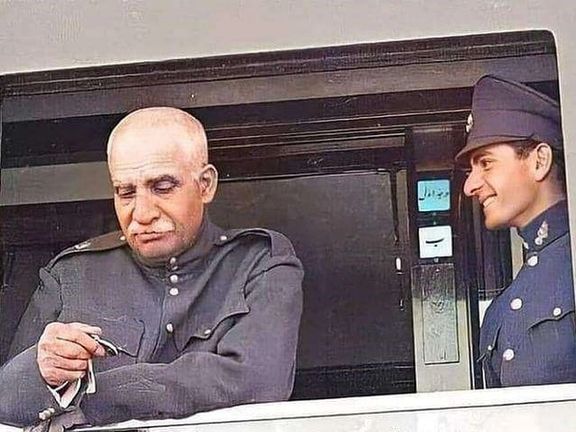
For longer than a decade, governments have not been able to carry out any meaningful development plans as sanctions and growing corruption kept the economic growth rate at around zero.
Economic development until the 1979 revolution
In an interview, Fathollah Aghasizadeh, the author of the book Seventy Years of Planning for Development in Iran, told Khabar Online website in Tehran on Saturday offered his expert views about the failures of developmental plans.
Interestingly, he had words of praise for the pre-revolution plan during the reign of Mohammad Reza Shah Pahlavi.

Aghasizadeh said in the interview that Iran's initial development plans which started in 1949 were successful partly because the country's -then- newly established Planning Organization was genuinely interested in furthering development plans.The powerful organization operated independent of the prime ministerial bureaucracy and was directly accountable to the Shah.
With focused governance and rising oil prices in the 1970s Iran was perhaps the best placed country in the region to take the next leap, just as South Korea did in the following two decades. Economic development was taking place and per capita income was rising until the 1979 revolution.
Success with development plans
The outcome of the first two development plans included major projects such as several dams, fertilizer production companies, the construction of some 11,000 kilometers of railways, the Mehrabad Airport as well as several garment factories, sugar mills and cement production companies. At that time, Iran was not a rich oil exporter. It was still a poor country, getting a small share of the oil income from the British who controlled the industry.
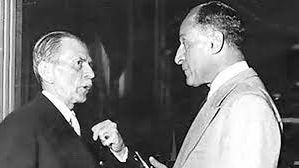
Another reason for the success, according to Aghasizadeh, was the authority and independence of the organization and its chairmen, particularly Abolhassan Ebtehaj who was chairman after 1954. Ebtehaj left the post in 1958 when his powers were curtailed by the Prime Minister's Office. Later Ebtehaj wrote in his memoires that he got his mandate from the Shah and his mission was to make sure that no one other than himself would have access to the oil income set aside of infrastructural development.
Aghasizadeh says that evidence supports the fact that Ebtehaj was directly backed by the Shah. Even the Islamic Majles acknowledged in a 2010 report that "The Shah personally backed the development efforts."
The expert said that as the organization lost its authority, its success began to diminish, and development plans were changed into comprehensive plans that lacked focus. However, Aghasizadeh said he is not sure whether the current development plans could be effective. "They have very little if any achievement and the country can do without them," he added.
Post-revolution developmental plans
He agreed with Khabar Online that post-revolution development plans reflect Iranian politicians wishful thinking rather than the country's needs. "Plans are no longer written to be executed," he said, adding that institution such as the parliament and the Expediency Council also try to reflect the country's general [ideological] orientation in the new development plans. Meanwhile, he added that governments in the Islamic Republic are more interested in long-term plans that cannot be effective in Iran.

He did not say why, but it appears that politicians' short-sightedness, and the transitional nature of presidential governments, each representing a different faction in the Islamic system, derail their own long-term plans. On the other hand, it appears that the plans with ill-defined objectives provide a better situation for corrupt politicians who block inspections and spend the money for unrelated projects where their allies can enrich themselves.
Aghasizadeh said that Iranians cannot expect much from the 7th development plan for similar reasons as the government is barely taking care of the nation's day to day business amid sanctions and a perpetual economic crisis.
Like India, Iran should turn to one-year developmental plans, Aghasizadeh believes, or plans for a maximum of four years. This gives officials a better chance to follow up on the successful parts of their plans. At the same time, their expectations from each plan is well defined and objective.
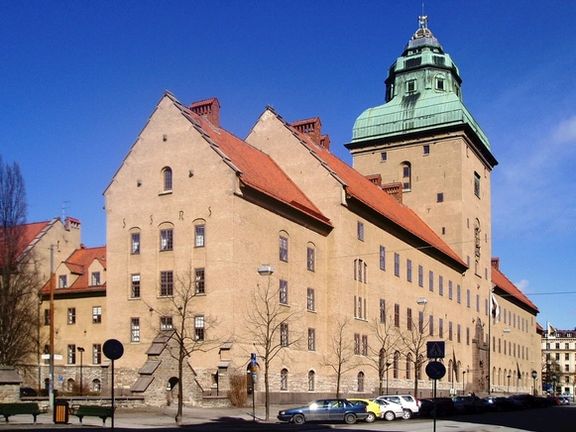
Sweden has started planning for the prosecution of two Iranian-Swedish brothers who were arrested in 2021 over allegations of espionage for Iranian Intelligence organizations.
According to Swedish newspaper Expressen, the Stockholm District Court began Thursday planning for a meeting with the prosecutors and defense attorneys for the upcoming trial.
The details of the case against them are not very transparent as prosecutors Per Lindqvist and Mats Ljungqvist have commented very little on the substance of the allegations. Formal charges against the two are expected in the coming months and their trial will not be open to the public. Both brothers’ lawyers have so far maintained that their clients are innocent.
Both brothers, who were born in Iran but came to Sweden as children in 1994, are accused of spying activity from March of 2011 until their arrest in September and November of last year, and are currently kept in strict isolation at the Kronoberg prison.
The Swedish paper did not mention their names but earlier reports at the time of their arrest disclosed their identities as Peyman Kia, now 42 years old, and his brother Payam, who is 35 years old.
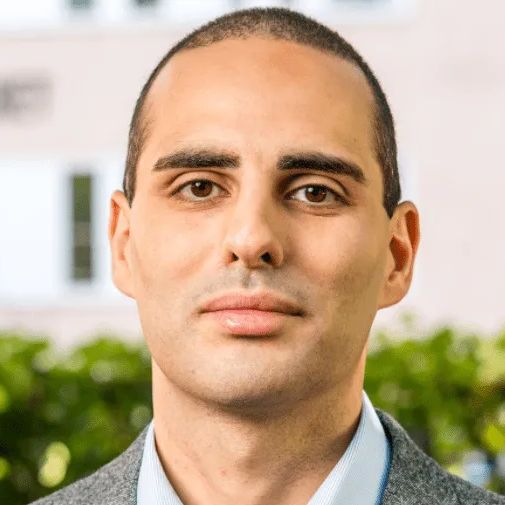
The older brother of the pair is said to have worked as an investigator and spent time in the Security Police (SÄPO) as well as working for military intelligence and the Office for Special Acquisition (KSI), one of Sweden’s most secretive intelligence agencies. The younger brother has also worked for SÄPO for a brief period.
Tensions are relatively high between Iran and Sweden over a Swedish court’s sentencing of former Iranian jailor Hamid Nouri to life imprisonment over executions of political prisoners in 1988.
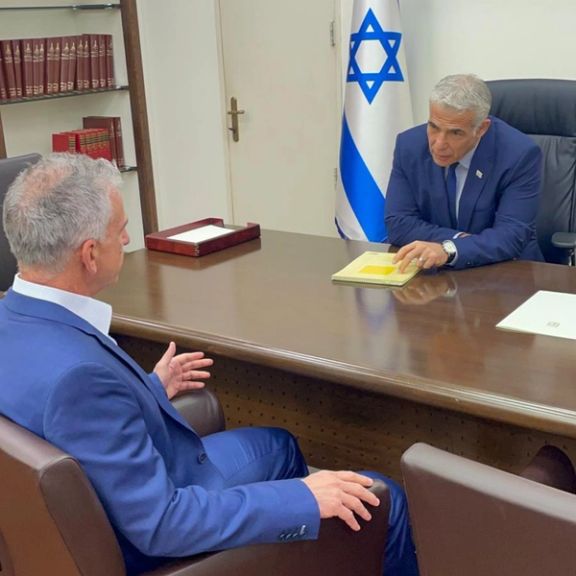
The director of Israel’s intelligence agency Mossad is set to travel to Washington DC next week for talks as the US and Iran seem ready for an agreement to revive the 2015 nuclear deal.
Axios correspondent Barak Ravid quoted a senior Israeli official as saying on Sunday that David Barnea will attend closed door classified meetings of House and Senate intelligence committees.
In remarks that were not coordinated with Prime Minister Yair Lapid, the spymaster described the emerging agreement "a strategic disaster" for Israel and the United States “is rushing into an accord that is ultimately based on lies,” referring to Iran’s claim that its nuclear activities are peaceful in nature.
Shortly after Barnea’s comments were published, Lapid called the Mossad chief, telling him he had gone off script in his criticism of the US and asking for a clarification.
Barnea’s visit is the latest effort by Israel to sway Western powers from returning to the landmark accord.
Earlier in the day, Lapid said that Israel's “diplomatic fight” against the deal included its National Security Adviser Eyal Hulata and Defense Minister Benny Gantz holding recent meetings in the US.
“We are making a concerted effort to ensure the Americans and Europeans understand the dangers involved in this agreement,” Lapid said, reiterating that what was signed in 2015 was “not a good deal,” and that the one currently being discussed entails “greater dangers.”
Lapid and US President Joe Biden are likely to meet in September, Israel’s Kan news reported on Saturday, citing unnamed officials.
Iran is currently reviewing the US response to its position earlier sent to the European Union, which acts as a mediator between the two sides.
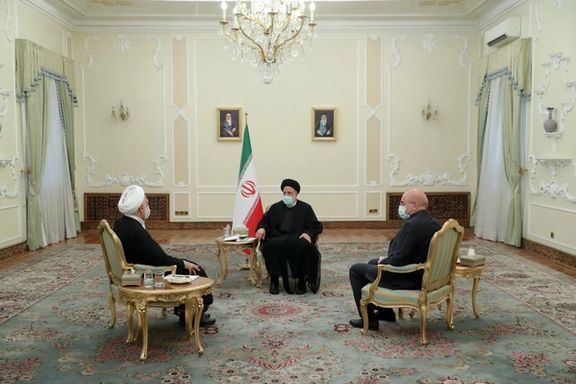
The heads of the three branches of the Iranian government have held a meeting as a major corruption case at Iran's Mobarakeh Steel Plant implicated dozens of state entities.
Following their meeting on Saturday afternoon, President Ebrahim Raisi, Parliament Speaker Mohammad-Bagher Ghalibaf, and Chief Justice Gholam-Hossein Mohseni-Ejei warned against "media speculations" until the review of the case is completed by the judiciary.
Only the judiciary should review and assess the reports of the parliament’s investigation, and it is necessary to refrain from media speculations until these reports are scrutinized in judicial courts, they announced.
Last week, a scathing report about an alleged $3 billion corruption case revealed massive irregularities and mismanagement in government-controlled Mobarakeh Steel Company, the largest steel producer in the Middle East and Northern Africa, which is located near the city of Mobarakeh, Esfahan Province.
The over 250-page report says the company paid astronomical sums of money to various government entities including the Revolutionary Guard (IRGC), ministry of intelligence, police, state broadcaster (IRIB), Friday prayer imam’s offices, religious seminaries, and bribed others such as certain media outlets, individuals, and social media influencers.
The company, which has a share of around 1% in Iran's GDP, employs around 350,000 people directly and indirectly and feeds over 2,800 other large and small enterprises.